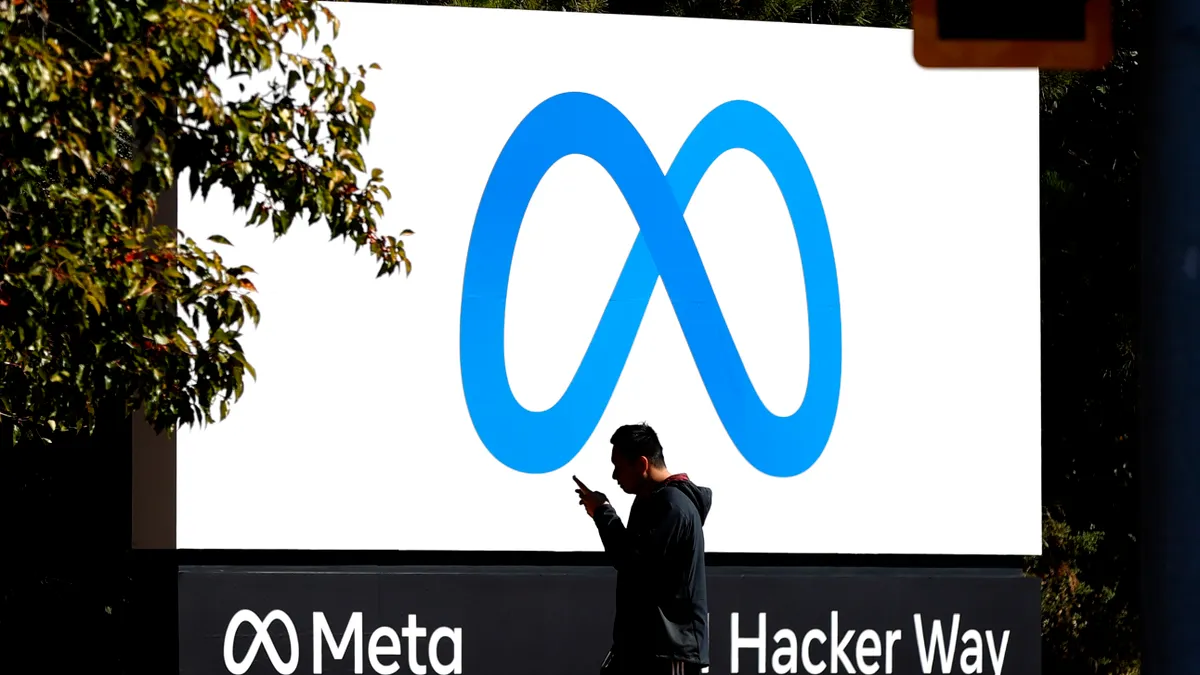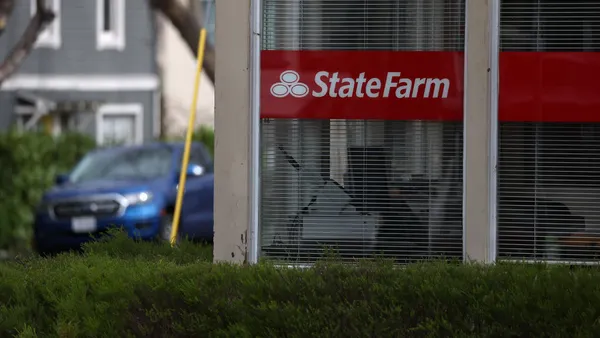A Muslim Meta supplier analyst sued the social media giant June 24 for allegedly discriminating against him on the basis of his religious beliefs by reprimanding him and threatening further discipline for comments he posted on employee forums expressing solidarity with Palestinians in the Gaza Strip.
In his complaint, Majeed v. Meta Platforms, Inc., the plaintiff claimed a member of Meta's Internal Community Relations team told him that his comments violated the company’s “community engagement expectations.” He also alleged he was given a verbal warning about the posts and that Meta removed his and other employees’ comments protesting Israel’s treatment of Palestinians, according to the lawsuit.
The plaintiff cited his duty, rooted in the Islamic concept of “ummah,” a term denoting the global Muslim community, to advocate for other Muslims, particularly in the face of persecution,” per the complaint. Meta censored his religious expressions, but “it did not discipline non-Muslims for similarly expressive speech about the Black Lives Matter movement, Israel, or Ukraine,” the lawsuit claimed.
“This selective enforcement created a double standard that disproportionately silenced Muslim voices,” the plaintiff said. He alleged disparate-treatment and disparate-impact discrimination in violation of Title VII of the Civil Rights Act of 1964 as well as Texas state law.
Workplace fallout over the Israel-Hamas War is an ongoing issue for many employers. In April, after Google fired employees who protested against Project Nimbus, the company’s cloud-based computing contract with Israel, the former employees sued Google for violating Title VII and various state and local laws. In 2024, the plaintiffs also filed a complaint with the National Labor Relations Board.
In their Title VII suit, the Project Nimbus plaintiffs alleged that Google unlawfully retaliated against them for opposing discriminatory treatment of Palestinian, Arab and Muslim employees. They argued in their NLRB complaint that Google’s actions violated the right to advocate for better working conditions.
In another case, Ben & Jerry’s sued parent company Unilever for allegedly silencing the former’s multiple attempts to advocate for Palestinians affected by the war and support a cease-fire. The Vermont-based ice cream maker claimed Unilever’s actions breached the parties’ contract, which called for Ben & Jerry’s to maintain independence over its social mission and branding.
Employers should keep in mind that they are generally prohibited from discriminating on the basis of race, religion and national origin — all of which can be implicated in a discussion about the Israel-Hamas War — before taking action against someone for speaking out on the conflict, an attorney previously told HR Dive. The same source recommended that employers have a legally sound and practically efficient social media policy while encouraging employees who post about potentially contentious topics to state that they’re speaking on behalf of themselves, not the employer.
When deciding how to respond to a statement, comment, post or other activity about the war, employers may need to consider the context of what was said or done and whether the employee breached any policy in place at the time, the attorney added.











